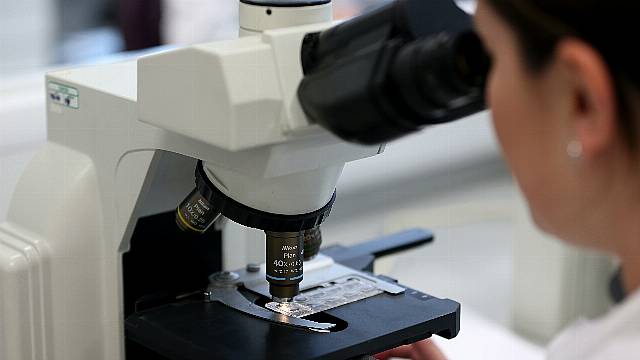Laboratory tests of Citriodiol, which is found in Mosi-guard Natural, indicate it could reduce the amount of virus detectable in a sample.
Scientists at the UK Defence Science and Technology Laboratory (DSTL) adopted two experimental approaches to test the product.
Dstl - the science inside UK defence and security releases a research paper demonstrating the effectiveness of Citriodiol against #coronavirus #COVID19 @BritishArmy https://t.co/4AFopyLJx8
— Dstl (@dstlmod) August 26, 2020
They assessed its anti-viral activity when applied directly to the virus as a liquid drop, and also assessed the product following its application to latex synthetic skin.
One-minute liquid suspension tests indicated that Mosi-guard Natural has anti-viral activity against SARS-CoV-2 England-2 – an isolate taken from a patient in the UK and obtained from Public Health England (PHE) Colindale – if mixed with the virus in the liquid phase.
The study found that at a higher concentration (90%), Mosi-guard Natural gave a significant decrease of the virus, resulting in no recoverable amount.
While viral studies on latex indicated that Mosi-guard Natural had anti-viral activity against SARS-CoV-2 England-2 isolate.
We are sharing our preliminary findings today so others can take forward additional research to confirm and expand on our findings
But the report highlights that latex synthetic skin was impregnated with Mosi-guard, and while latex is used as a representative surface, it is unlikely to behave exactly as treated human skin.
The scientists wrote: “We have no data relating the concentration applied experimentally to the latex to that resulting from a spray and rub application of Mosi-guard on human skin.”
They added that while under the conditions tested, pre-application of Mosi-guard to a latex synthetic skin resulted in a reduction of the virus, “SARS-CoV-2 England-2 isolate was recoverable from all surfaces tested and did not result in complete viral inactivation on the latex synthetic skin”.
“In summary, SARS-CoV-2 England-2 was recovered from all treated samples,” they said.
The scientists released their findings on Wednesday, as the foundation for other scientific bodies who are researching the virus and possible solutions.
DSTL is hopeful the results can be used as a springboard for other organisations to expand and develop the research, as well as to confirm the findings in this publication.
UK defence minister Jeremy Quin said: “We are sharing our preliminary findings today so others can take forward additional research to confirm and expand on our findings.
“Defence has played a wide variety of roles in supporting efforts to tackle coronavirus.
“We are pleased that this is another example of Defence sourcing innovative ways to keep people safe.”
In May, the UK's defence secretary Ben Wallace confirmed the insect repellent was being given to the British army to offer potential protection against coronavirus.
He said a Citriodiol-based spray had been given to personnel in light of the advice that it would “do no harm” and should be used on a precautionary basis as an “additional layer of protection” against exposure to the virus.







